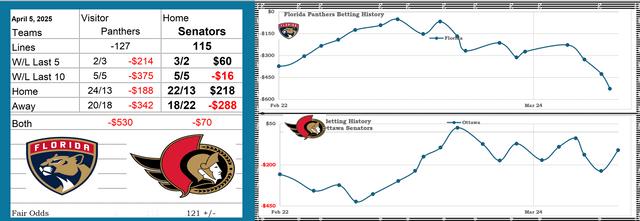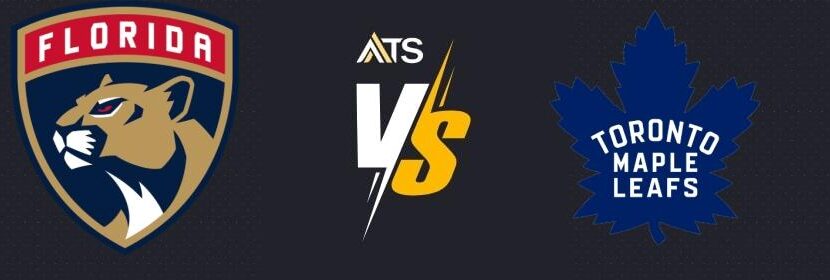
We all know how exciting the world of minor league baseball can be, right? It’s got that small-town charm, the thrill of the game, and sometimes, a bit of drama behind the scenes. One hot topic lately is none other than Minor League Team Ownership. For some, it’s a way to stay connected to the game, while for others, it’s a financial move. Let’s dive into this fascinating subject and see what’s changing in the world of baseball ownership.
The Unique Appeal of Minor League Team Ownership
So, why are folks getting interested in Minor League Team Ownership? For starters, it’s not just about owning a team. There’s a lot more! It’s like owning a piece of Americana. People are drawn to it for sentimental reasons or as a passion project. It’s an opportunity to make a difference in local communities and bring smiles to the faces of fans.
Why Some Choose to Invest
- Community Engagement: Owners often love how they can connect with the local community. It’s about more than the game; it’s about building strong ties and supporting local youth.
- Potential Financial Gain: Let’s not kid ourselves; there’s money to be made too. While not always a goldmine, a well-managed team can be lucrative.
- Personal Satisfaction: The joy of seeing a team grow and succeed is priceless.
The Financial Side of Owning a Minor League Team
Owning a minor league team isn’t just fun and games. It comes with its own set of financial responsibilities. We’ve all heard stories where the team had to be hauled out of financial straits, right?
Key Financial Considerations
- Operating Costs: They can be hefty. From paying players to maintaining the ballpark, these costs stack up fast.
- Revenue Streams: Ticket sales, merchandise, and sponsorship deals are mainstays. Leveraging these effectively is a make-or-break situation.
Breakdown of Typical Expenses
| Expense Type | Description |
|---|---|
| Player Salaries | Wages for players, coaches, and staff |
| Stadium Upkeep | Maintenance and operation costs for facilities |
| Marketing & Promo | Costs for attracting fans and sponsors |
| Administrative | Day-to-day office costs and support staff |
Jaromír Jágr Enters the Scene
It’s time for a little name-dropping! You might know him as a hockey legend, but did you know Jaromír Jágr is involved in team ownership? True story! This goes to show how sports figures like Jágr see potential in Minor League Team Ownership.
How Jágr Makes an Impact
- Bringing Star Power: His involvement brings a lot of attention and interest.
- Mentoring Athletes: Sharing his expertise with budding players is invaluable.
- Business Savvy: Jágr isn’t just about the field; he knows his way around business too.
The Future of Minor League Team Ownership
Looking to the future, what’s next for Minor League Team Ownership? We expect a continued blending of community spirit and entrepreneurial vision. There’s always room for innovation and growth, especially with technology enhancing fan experiences.
Upcoming Trends to Watch
- Technology Integration: From digital ticketing to virtual experiences, tech is a game-changer.
- Sustainability Practices: Eco-friendly operations are on the rise, minimizing the environmental impact.
- Diverse Ownership: More diverse voices entering the arena, bringing fresh ideas and perspectives.
Why Should We Care?
At the end of the day, Minor League Team Ownership goes beyond financial investments and game stats. It’s about stories, communities, and the unyielding love for baseball. Whether you’re a local supporter or someone eyeing ownership, the world of minor league baseball offers something for everyone.
For those interested in learning more about the nuances of owning a sports team, the good folks at Forbes offer a treasure trove of advice and insights.
So, are we all ready to rally behind our local teams and maybe even dream of owning one someday? It’s a lot like life — full of possibilities and home runs just waiting to happen!








